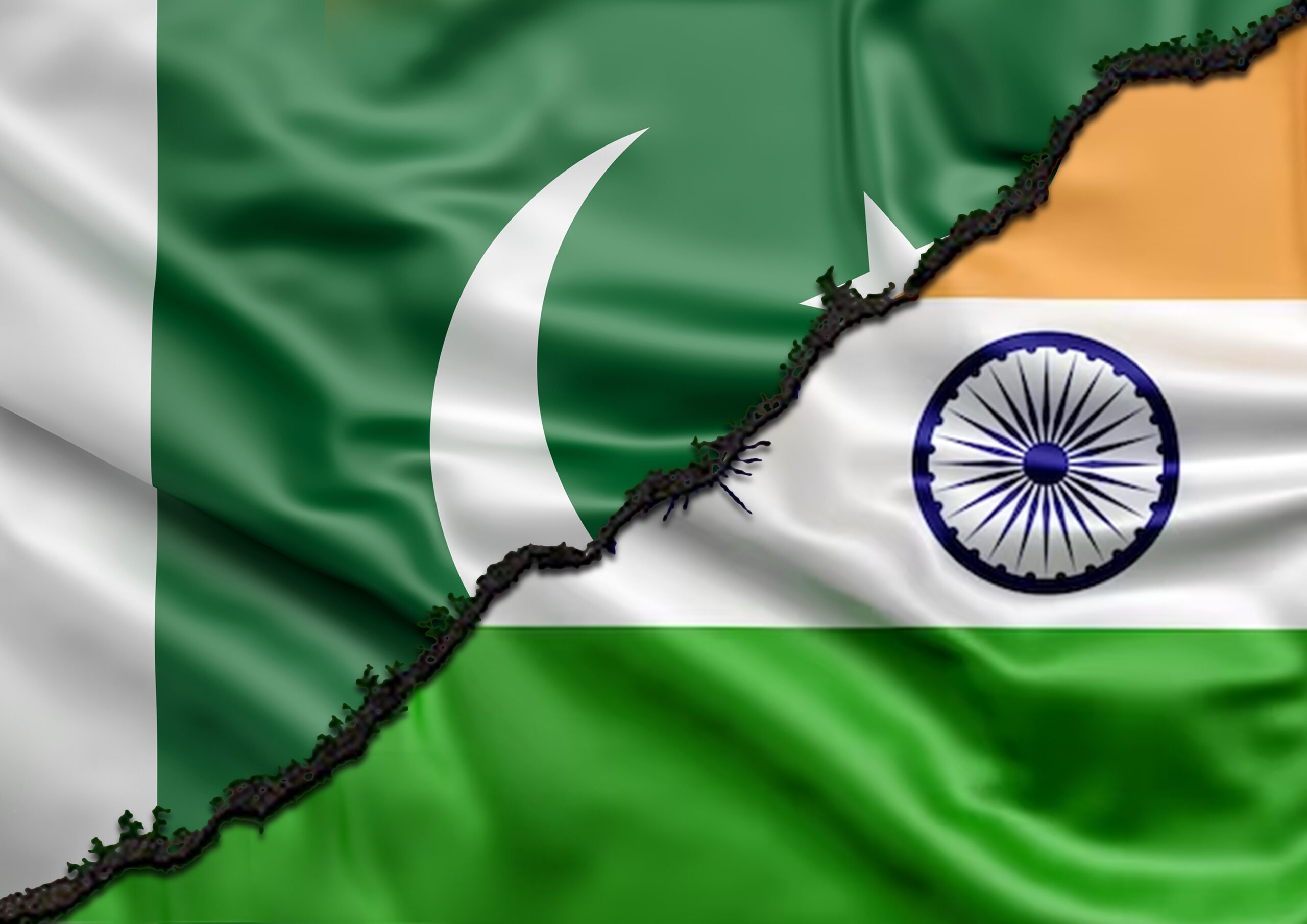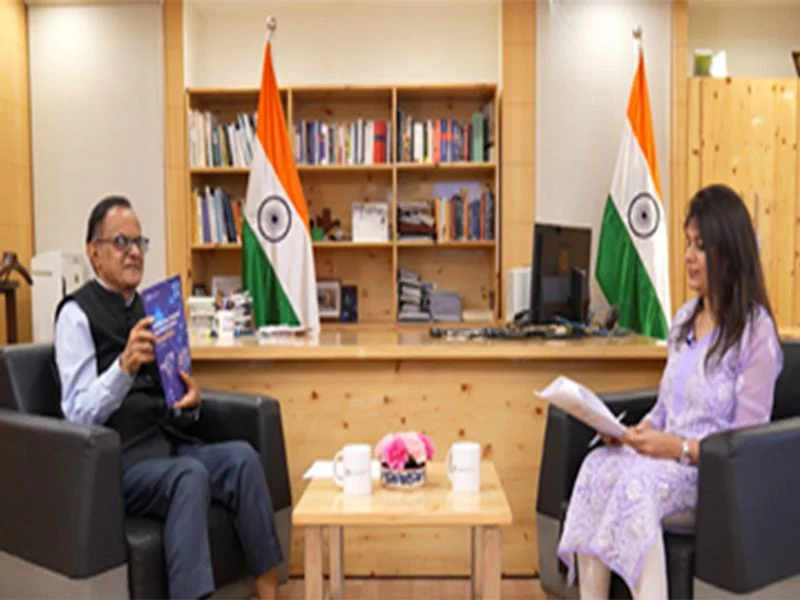Blog Credit: Trupti Thakur
Image Courtesy: Google
Partition Horrors Remembrance Day
Partition Horrors Remembrance Day is an annual national memorial day observed on August 14, in India, commemorating the victims and sufferings of people during the 1947 partition of India.
The government will observe the Partition Horrors Remembrance Day as the nation gears up to celebrate the 77th Independence Day on Tuesday. Prime Minister Narendra Modi announced in 2021, saying, “Partition’s pains can never be forgotten. Millions of our sisters and brothers were displaced and many lost their lives due to mindless hate and violence … May the Partition Horrors Remembrance Day keep reminding us of the need to remove the poison of social divisions, and disharmony and further strengthen the spirit of oneness, social harmony and human empowerment.”
Though the idea behind remembering genocide and mass violence is that the act of remembering will lead the citizenry to reflect on these events and this simple act will serve as a bulwark against such events repeating in the future, the political messaging behind the BJP’s decision was not lost on anyone. But members of the ruling establishment have framed the remembrance day in its immediate political context for them: targetting what the BJP calls the “appeasement politics” of Opposition parties and publicly putting Nehruvian politics in the dock.
This day was announced by the Prime Minister in 2021 to remember all those who lost their lives due to the partition of the nation and were uprooted from their origins. “The partition caused one of the largest migrations in human history, affecting about 20 million people.
Why did Pakistan celebrate independence on 14 August and India on 15 August?
Indian Standard Time (IST) being 30 minutes ahead of Pakistan Standard Time (PST) is also cited as one of the reasons. Since India became a free country at 00:00 hours on August 15, the local time in Pakistan was 11:30 pm on August 14, hence the celebrations a day earlier.
Pakistan Independence Day: India and Pakistan came into existence as sovereign nations on August 15, 1947, as per the Indian Independence Act, 1947.
India and Pakistan will celebrate their 77th Independence Day this time to mark their 76th year of freedom from British colonial rule. The Indian Independence Act of 1947 created two new independent dominions – India and Pakistan – by partitioning the Bengal and Punjab provinces.
Pakistani Rangers and Indian Border Security Force (BSF) personnel lower their national flags during a parade on Pakistan’s Independence Day, at the Pakistan-India joint check-post at Wagah border.(Reuters file photo for representation)
The Act states; “As from the fifteenth day of August, nineteen hundred and forty-seven, two independent Dominions shall be set up in India, to be known respectively as India and Pakistan.”
Mohammed Ali Jinnah, the founding father of Pakistan, in his historic radio address declared that “August 15 is the birthday of the independent and sovereign state of Pakistan. It marks the fulfilment of the destiny of the Muslim nation which made great sacrifices in the past few years to have its homeland.”
So there is ample evidence to establish that Pakistan came into existence the same night India got its independence. Then why does Pakistan celebrate its Independence Day a day earlier, on August 14?
The idea behind Partition Horrors Remembrance Day
Modi hoped that the day would keep “reminding us of the need to remove the poison of social divisions, disharmony and further strengthen the spirit of oneness, social harmony and human empowerment”.
What was the horror of the partition of India and Pakistan?
The abducted women were forced to become domestic servants and sex slaves, and many were forced into prostitution. At the time of Partition, this traumatic violence meted out to many women demolishing all sense of self – social or existential – granted to them by the established patriarchal system.
Blog By: Trupti Thakur

14
AugPartition Horrors Remembrance Day
Aug 14, 2023Recent Blog
The ITES-QApr 17, 2025
The UPI Circle Of PhonePeApr 16, 2025
Dangerous AI In HealthcareApr 15, 2025
Google’s Iron Wood ChipApr 14, 2025
World’s First 3D Printed Train StationApr 11, 2025




